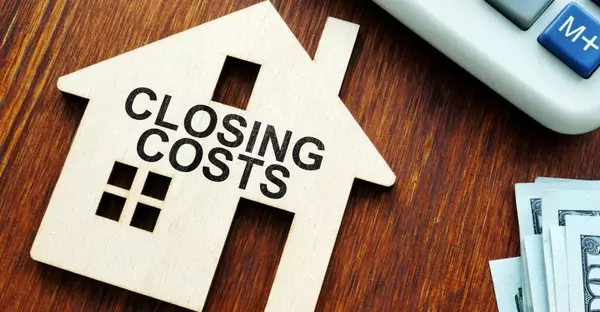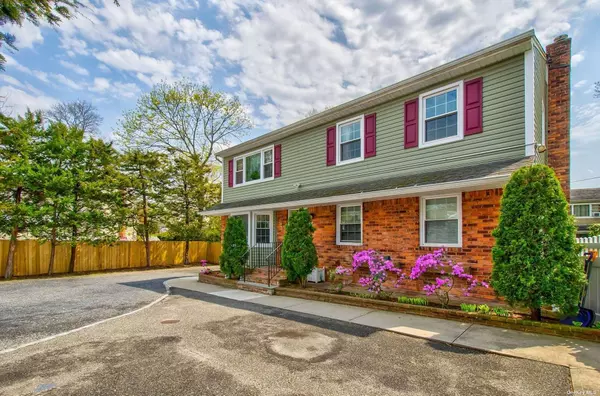Buying Property in Long Island – Pros and Cons of High-Interest Rates

Long Island home prices have been hitting fresh highs since late 2020. Fast-rising home prices, lack of inventory, and intense competition are some significant obstacles faced by Long Island first-time home buyers and sellers.
Interest rates have a huge effect on the value of the real estate. Making a purchase can ultimately benefit or harm you. You are only able to speculate according to the present trends.
I have gathered a goldmine of information to help you in buying or selling your property in Long Island, New York. Let’s have a deeper look at it.

Benefits of Buying Property When Interest Rates are High
Whether you are a buyer in Long Island, or a seller, buying a property when interest rates climb has some incredible benefits. Here, we’ve highlighted some of them.
1. Lower Housing Prices
During the time of low-interest rates, many purchasers fight for a low inventory of available homes. You’ve likely heard that several offers above the asking price are generally a usual norm. In this irrational market, supply and demand are out of control.
However, higher interest rates are assisting in resolving that problem. Higher interest rates make it challenging for buyers to apply for a mortgage loan, which lessens competition for available properties.
Two consequences of higher interest rates on the housing market may contribute to price declines. They are:
- Some purchasers are priced out of the market, which benefits the remaining buyers.
- They often have the effect of pressuring house prices downward, which is advantageous for purchasers.
2. More Choices Available
Due to the increase in interest rates, more options are available for qualified homebuyers. The houses stay for longer in the market as there are fewer frequent buyers.
Inventory grows when existing listings spend more “days on the market.” And that’s advantageous for consumers.
The greatest option is typically the one that lowers the entire house purchase cost. Since you will have to pay that interest rate over a long period if you don’t refinance, this would typically be a lower interest rate. Due to this, monthly expenses and total interest paid on the mortgage may decrease.
3. Fewer Buyer Risks
There are many dangers involved when buying a house. You are investing in a material object that will deteriorate over time. The buyer needs a chance to view the house in a typical market. They can only cancel the contract if they don’t like what the examination reveals. This is a crucial step in learning about the product you’re purchasing.
Over the previous two years, the market benefited buyers who paid cash and those who had a sizable down payment set aside. This was due to bidding conflicts that drove prices above the seller’s asking price. This frequently meant that the home’s appraisal would be below the offer price.
4. Better Return on Investment
The majority of big cities have higher rents, allowing investors to increase their net operating income, achieve a solid return on their investment, or earn more from their current properties. As a result, increased rental rates force owners of multifamily properties to look for more expensive financing options.
Buyers shouldn’t be discouraged by current pricing or the possibility of a future rate increase if that aggregate growth continues.
5. Tax Benefits
The real estate investors in Long Island might find the tax code advantageous for them. If you give up some of your capital gains and income on one aspect of the equation, you can maximize your deductions.
Real property depreciation is among the real estate investors’ most important expenses. The above-mentioned formula can help ease the burden of the investors.
Drawbacks of Buying Property When Interest Rates are Low
Money is the lifeblood of the world economy; when interest rates rise quickly, growth may be significantly slowed or possibly stop altogether.
Whether these effects indicate that rates increased too quickly would depend on the specific economic situation, including an evaluation of the price of raising rates gradually. When interest rates are low in Long Island, New York, the cons of buying property make the buyers and sellers get into a problem.
1. Unemployment Increases
Higher interest rates may deter hiring associated with corporate expansion by raising the bar for investment. They also limit employment by specifying demand growth. Businesses may slash employees and output if demand declines.
2. The Stock Market is Affected
Corporate earnings and investor confidence are only two of the many factors that have an impact on the stock market. Growth, earnings, and equity values often benefit from low-interest rates, while higher rates challenge equities. The state of the economy is also crucial. The market might concentrate on the recession and its hazards rather than the advantages of monetary policy if the government is lowering interest rates because the economy is sliding into a recession.
The Bottom Line
The mortgage rates directly impact real estate values, so it is crucial to pay attention to them. Use a mortgage calculator to quickly examine current interest rates if you’re a prospective homeowner or real estate investor in Long Island.
However, it’s important to remember that fluctuating interest rates affect many real estate issues. It is both the demand for investments, the cost of capital, and the price of your new property.
Categories
Recent Posts










GET MORE INFORMATION

Agent
